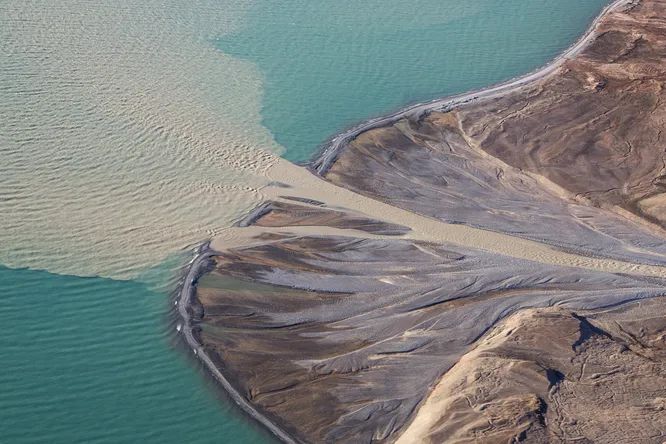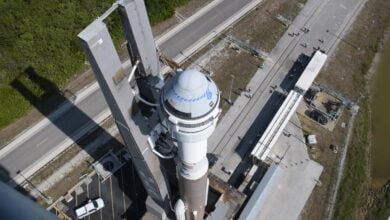
Greenland could reap economic benefits from warming it is poised to become the world’s sand exporter
(ORDO NEWS) — A national survey of about 1,000 adult Greenlanders, in which 90% were indigenous, conducted by a research team led by McGill University found that 3 out of 4 Greenlanders support the mining and export of sand and gravel. These materials quickly wash away the meltwater flowing down from the ice sheet.
The melting Greenland ice sheet is a “faucet” from which flows not only water, but also a huge amount of sediment.
When talking about the rapid melting of the Greenland Ice Sheet, they almost always remember what threats this process poses to humanity.
This is the rise of the world ocean (up to 6 meters) and the flooding of coastal zones, where hundreds of millions of people live.
It is even a shutdown of the Gulf Stream, which will lead to a sharp cooling in Europe and North America.
But so far no one has asked what the inhabitants of Greenland themselves think. There are few of them - about 60 thousand.
But they live there. And it is these people that what is happening on the island affects in the most direct way.
It turns out that the Greenlanders want to get a little rich. But do it as carefully as possible.
Greenland - a deposit of sand and gravel
A survey of 1,000 adults in Greenland, approximately 90% of whom are indigenous to the island, conducted by a research team led by McGill University found that 3 out of 4 Greenlanders support the extraction and export of sand and gravel, which are formed when the ice sheet melts.
The inhabitants of the island want the Greenland authorities to evaluate the impact of sand mining and export, both on the environment and on the economy. Most residents prefer local companies to do the mining.
Climate change is causing significant amounts of sand and gravel to be deposited along the coast of Greenland.
And the global demand for these resources is growing rapidly.
The abundance of sand and gravel gives Greenland the opportunity to become a global exporter of aggregates and respond to the growing global demand for these resources, contributing to the prosperity of the country.
“We were very surprised to learn that local support for sand mining is so high,” says Mette Bendiksen, lead author of the study.
“This work clearly shows that the increasingly globalized indigenous peoples of the Arctic want to be part of the decision-making process when discussing how Arctic communities can adapt to accelerating change.”
This study provides a rare example of how an entire country (however small) can benefit from climate change, and how strong the national support for this opportunity is.
—
Online:
Contact us: [email protected]
Our Standards, Terms of Use: Standard Terms And Conditions.









